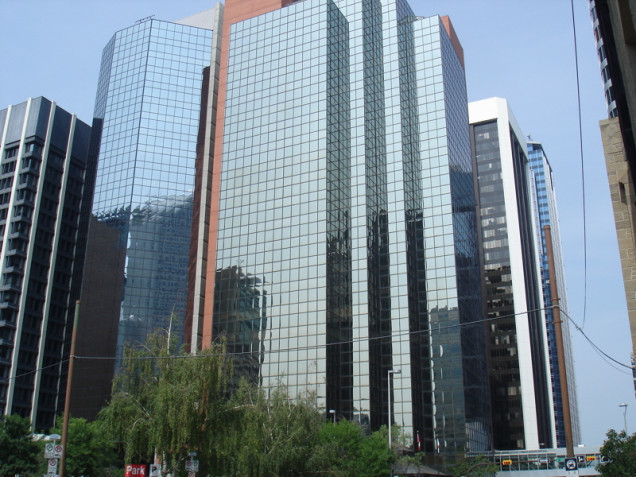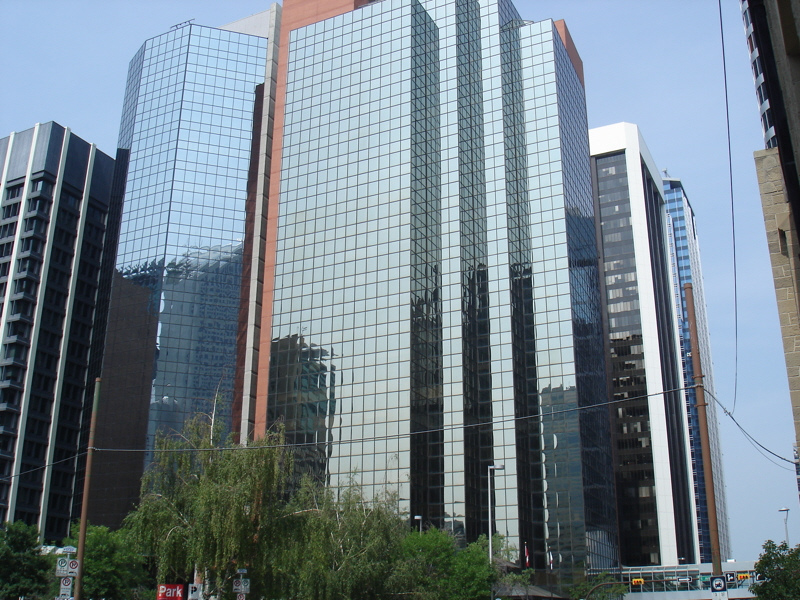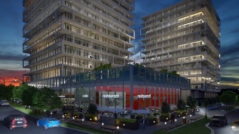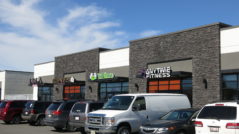Calgary commercial landlords and tenants have to be clearly aware that a commercial lease is very different from a residential lease. Both parties will initially be dealing with a standard lease presented by the landlord.
A successful lease for both parties will be subject to a negotiation process as it is especially vital for a tenant to advocate for their interests and needs in order for their business to succeed. A bad lease can cause the tenant’s business to fail which really isn’t in the interest of either party so there is a need for some give and take on both sides.
The landlord will have their own legal counsel which is whom they have likely used to draw up the terms of the lease. Because legal language can be somewhat obtuse to the layperson, a tenant who is not experienced in such matters would be well advised to have a knowledgeable lawyer review the lease before they sign.
The landlord on the other should also prioritize their terms and understand the flexibility provided in the terms to engage in a negotiation which is productive for both parties. It all boils down to some latitude on both sides for a negotiation to be successful.
Types of Calgary Commercial Leases
Calgary commercial leases come in 4 types which include:
- Square Footage Lease – The tenant pays so much rent per square foot
- Percentage Lease – The tenant is charged a base rent in addition to a percentage of monthly sales
- Gross Lease – The tenant pays a single lump sum while the landlord deals with all the expenses
- Net Lease – The tenant pays a base rent and also contributes a portion or percentage of some or all of the insurance, maintenance and taxes
It is very clear the tenant understands the ramifications of the type of lease they are signing.
Calgary Commercial Lease Clauses
Other major issues of concerns for both parties that should be carefully scrutinized include the following:
Both landlords and tenants must be very careful which terms they include in the lease. Here are the most common types of provisions found in commercial leases:
- The Identification Clause – which specifies the parties of the lease
- The Premise Clause – which specifies the space to be occupied by the tenant and includes common access
- The Exclusive Clause – which limits the types of certain business that the landlord will allow (think specifically of your competition)
- The Use Clause – which outlines any potential limitations in how the tenant can use the space
- The Rent Clause – which specifies how the rent is to be paid, including any additional building costs along with a schedule for rent increases
- The Term Clause – which outlines when the lease starts ends and its overall length, and when you can open for business and when the rent and/or insurance is to be paid
- Alterations/Improvements Clause – This outlines which improvements are required by the tenant and who will pay.
There are quite a few clauses that must be scrutinized closely by both parties for a successful ongoing lease. The tenant wants terms that will ensure their business to be a success and the landlord wants a responsible and long term tenant.
Photo by Seattle












